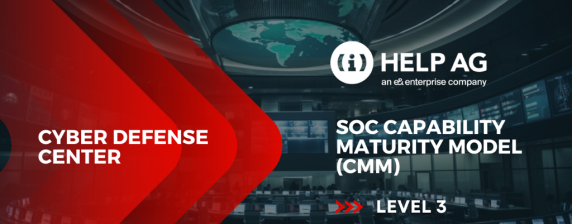ARTIFICIAL INTELLIGENCE, SECURITY & THE MIDDLE EAST’S DIGITAL FUTURE

Innovation is high on the agenda of the Middle East- with the UAE and Saudi Arabia as shining examples. Governments in these countries are deeply committed to securing the future of their nations and technology is of course a key enabler of this. If you look at everything from the roads to general infrastructure and government services, everything is being implemented with user friendliness, and efficiency in mind.
Technology makes it possible for governments to rapidly introduce new smart services and scale these in line with the needs of the nation. No city today would invest into infrastructure that isn’t future-proof, and this involves the utilization of technology.
The Middle East is at an advantage in this area- in comparison to many Western countries- since we are not held back by legacy systems. With a relatively young population, citizens and residents are keen to utilize technology and are quick to sign up for and consume new web and mobile services.
One particular area that has garnered a lot of attention as been Artificial Intelligence which got me thinking about its potential applications and the security implications of our increasing dependence on the digital domain.
The Era of AI
The UAE recently became the first country in the world to appoint a minister of Artificial Intelligence and I am sure a lot of interesting work is currently undergoing in the ministry of artificial intelligence. There is no doubt that AI- the ability to empower decisions with artificial intelligence and machine learning- is the future.
The application cases for this technology in government and public services are truly remarkable. For example, the New York Police Department (NYPD) is utilizing AI on crime statistics to determine where and when crimes are most likely to take place and accordingly deploy a greater presence in these areas.
Before AI, we were dependent on experience, but today we can combine experience with the wealth of new information that is continuously being generated and monitored to make highly informed decisions. AI can be used to streamline all operations within the smart city ranging from traffic management, controlling power production and distribution, security, and airports, while also optimizing utilization of these infrastructure systems so as to maximize their ROI.
The Digital Downside?
With increased deployment of technology, we increase our dependence on digital processes, which in turn makes us more vulnerable as these systems will be increasingly targeted by cyber criminals. With critical Industrial Control Systems (ICS) such as those used in power generation, and the Oil & Gas industry now becoming part of the broader IT network, they are exposed to attack. By disrupting these services, there is a huge potential impact on not only the convenience, but also the safety of citizens. As we make systems smarter, we are also making them more vulnerable, so we need to implement robust security technologies.
At the same time, users remain the weakest link in cyber security. Therefore, in addition to the technology, there is the need to create cyber security awareness while also ensure the right controls are in place to protect users from becoming the gateway to attack. In short, the security of all innovative technologies being implemented should be based on the fundamental pillars- technology, processes and people.
The road ahead is exciting and while it opens up new and innovative approaches to simplify our lives, it will take a conscious effort by governments, private organizations and citizen to secure our digital future.
Blog by:
Nicolai Solling, CTO at Help AG





